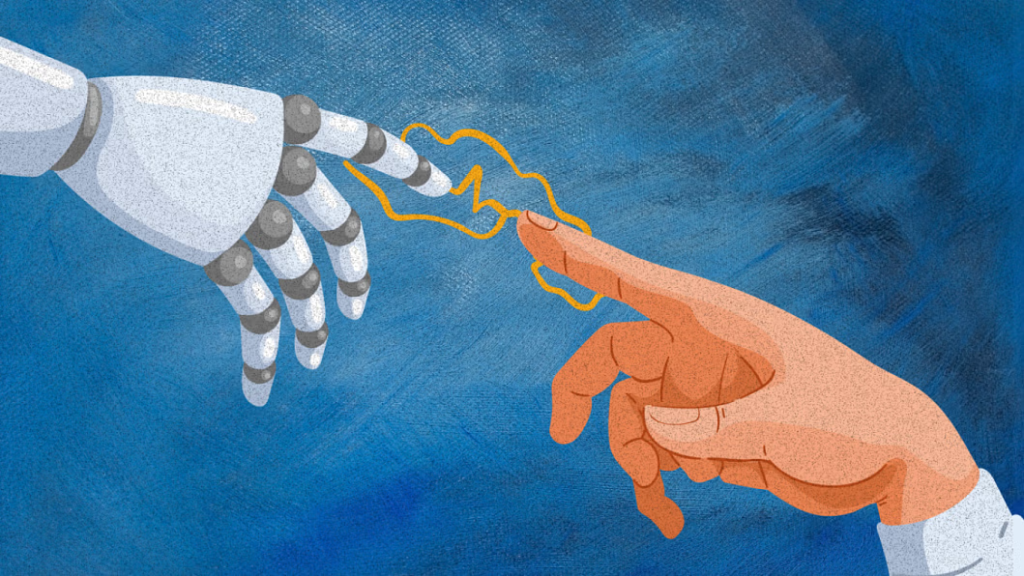New York, June 2025 – In a groundbreaking move that could shape the future of artificial intelligence in the United States and beyond, New York has passed an ambitious AI safety bill. The legislation is aimed at preventing what lawmakers are calling “catastrophic risks to humanity” posed by unchecked artificial intelligence development.
The bill, officially titled the Artificial Intelligence Control and Safety Act (AICSA), was passed with strong bipartisan support. It mandates rigorous safety evaluations, transparency, and ethical oversight for any AI systems developed or deployed in the state—especially those considered high-risk or capable of independent decision-making.
A First-of-Its-Kind Law in the United States
With this law, New York becomes the first U.S. state to pass AI-specific safety legislation targeting existential risks from advanced AI systems. The move reflects growing global concern over the rapid advancement of technologies like generative AI, autonomous agents, and AI-driven decision systems that may surpass human control.

The bill focuses on “frontier AI models,” such as large language models and autonomous machine-learning systems, which are capable of generating content, making decisions, or learning without human supervision.
These models, if misaligned or manipulated, could lead to unintended consequences on a massive scale, lawmakers warn. MIT Technology Review has previously published reports warning of “runaway AI scenarios,” where artificial intelligence could evolve goals incompatible with human values.
Key Provisions of the AI Safety Bill
The AI safety bill includes several key provisions:
- Licensing and registration of all advanced AI systems developed in the state
- Mandatory risk assessments for AI systems before deployment
- Creation of an independent oversight board, including ethicists, scientists, engineers, and legal experts
- Strict penalties for non-compliance, including fines up to $10 million or a ban from operating in New York
- Whistleblower protections for employees who report unsafe AI practices
According to lawmakers, the law is designed to be “future-proof,” with language that can adapt to new types of AI technologies as they emerge. “This legislation is not about stopping innovation,” said State Senator Alicia Moreno, a lead sponsor of the bill. “It’s about making sure that innovation doesn’t lead to unintended catastrophe.”
A Response to Growing AI Warnings
The bill comes amid mounting pressure from technologists, researchers, and global leaders to regulate AI development before it outpaces human control. Last year, more than 1,000 AI experts, including some from OpenAI, Google DeepMind, and Meta, signed an open letter warning that AI could pose an existential threat if not properly governed.
Even major figures in the tech world like Elon Musk and Geoffrey Hinton, often called the “Godfather of AI,” have voiced support for stronger AI safety protocols. Hinton resigned from Google in 2023 to freely speak about his concerns over the technology he helped create. A March 2025 report by the U.S. National Institute of Standards and Technology (NIST) called for “urgent regulatory frameworks” to handle risks from AI systems capable of deception, persuasion, or autonomous action. Read more at NIST.gov.
Industry Reactions Are Mixed
The tech industry has had mixed reactions to the bill. Some startup founders argue that the legislation may create compliance burdens that slow down innovation and economic growth. However, larger firms with established AI safety teams have mostly welcomed the move. IBM’s Vice President for AI Ethics, Julia Grant, said, “This is a much-needed step. It shows responsibility and leadership.

AI innovation must walk hand in hand with AI safety.” Tech advocacy groups like the Center for Humane Technology have also expressed support, saying that the bill could serve as a model for other states or even federal law. However, some critics argue the bill’s language is too vague in defining what constitutes “catastrophic risk,” potentially leaving too much room for interpretation.
What’s Next for AI Regulation in the U.S.?
The passage of this bill is expected to influence federal lawmakers, many of whom are already debating national AI policy. Several members of Congress have praised New York’s proactive approach and are considering similar safety-focused bills on a national scale.
Internationally, the bill draws parallels with the European Union’s AI Act, which categorizes AI systems by risk and enforces strict regulations on high-risk applications. Experts believe that harmonized AI policies—across states and countries—will be crucial to effectively managing advanced AI systems in the future.
The Role of Public Awareness
Lawmakers emphasized the role of the public in holding companies accountable for AI safety. The new law includes a public reporting system, where individuals can file concerns about AI behavior or misuse. “People have the right to know what AI systems are being used on them, how they work, and whether they’re safe,” said Assemblymember Jordan Liu, who co-authored the bill. Educational campaigns will also be rolled out across New York to inform citizens, businesses, and developers about their rights and responsibilities under the new law.
Final Thoughts
New York’s AI safety bill marks a historic turning point in the governance of artificial intelligence. While its long-term impact remains to be seen, one thing is clear: the era of unregulated AI development may be coming to an end. As other states watch closely, New York has drawn a line in the sand—signaling that innovation must not come at the cost of humanity’s future.
Also Read – New York City Ranked No. 2 Startup Ecosystem After Silicon Valley






